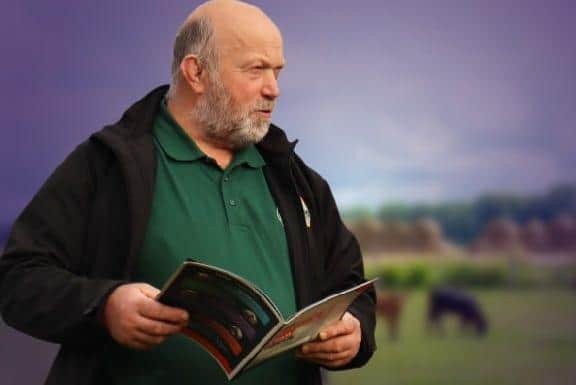NI farmers urged to be vigilant over bluetongue outbreak
and live on Freeview channel 276
Farmers and animal keepers are aware that a disease like this can impact their livestock and their livelihoods.
To defend themselves they need to understand it. They need answers to the questions about what it is, what signs to look out for, how it affects cattle and what can be done about it.
Advertisement
Advertisement
There have been a number of bluetongue outbreaks across mainland Europe and the Netherlands has been particularly hit hard with over 1,400 clinically positive confirmed cases.


Up until the 11 November last year, the UK had remained free of bluetongue. However since the initial first confirmed case on a farm in Canterbury early last month, a further 13 cases have been confirmed bringing the total to 14 cases on seven different holdings.
The Chief Veterinary Officer for Northern Ireland has urged farmers to be vigilant.
What is bluetongue?
Bluetongue is a notifiable viral disease, meaning there is a legal requirement to report suspicions of an outbreak to the authorities immediately. The disease is passed on to animals from biting insects like midges. It cannot be transmitted horizontally between the animals but vertical transmission is possible from the mother to their offspring.
It does not pose a threat to humans or food safety.
What to do if a case is suspected:
Advertisement
Advertisement
Vigilance is vital. As bluetongue is a notifiable disease a suspected case must be reported to the authorities immediately.
What is the treatment for bluetongue?
Proactive vaccination can be effective. However, they only work against the serotype of the virus that they have been developed for. And there are no vaccines at the moment for the BTV-3 and BTV-4 serotypes currently in Europe.
The best way for farmers and animal keepers in Northern Ireland to stay free of bluetongue is to be aware of the spread of the disease. They can be proactive and protect their livestock should an outbreak be detected near them.
Tracking new cases can be done via the APHA website, or on the Livetec Systems App, created by leading biosecurity experts, Livetec Systems.